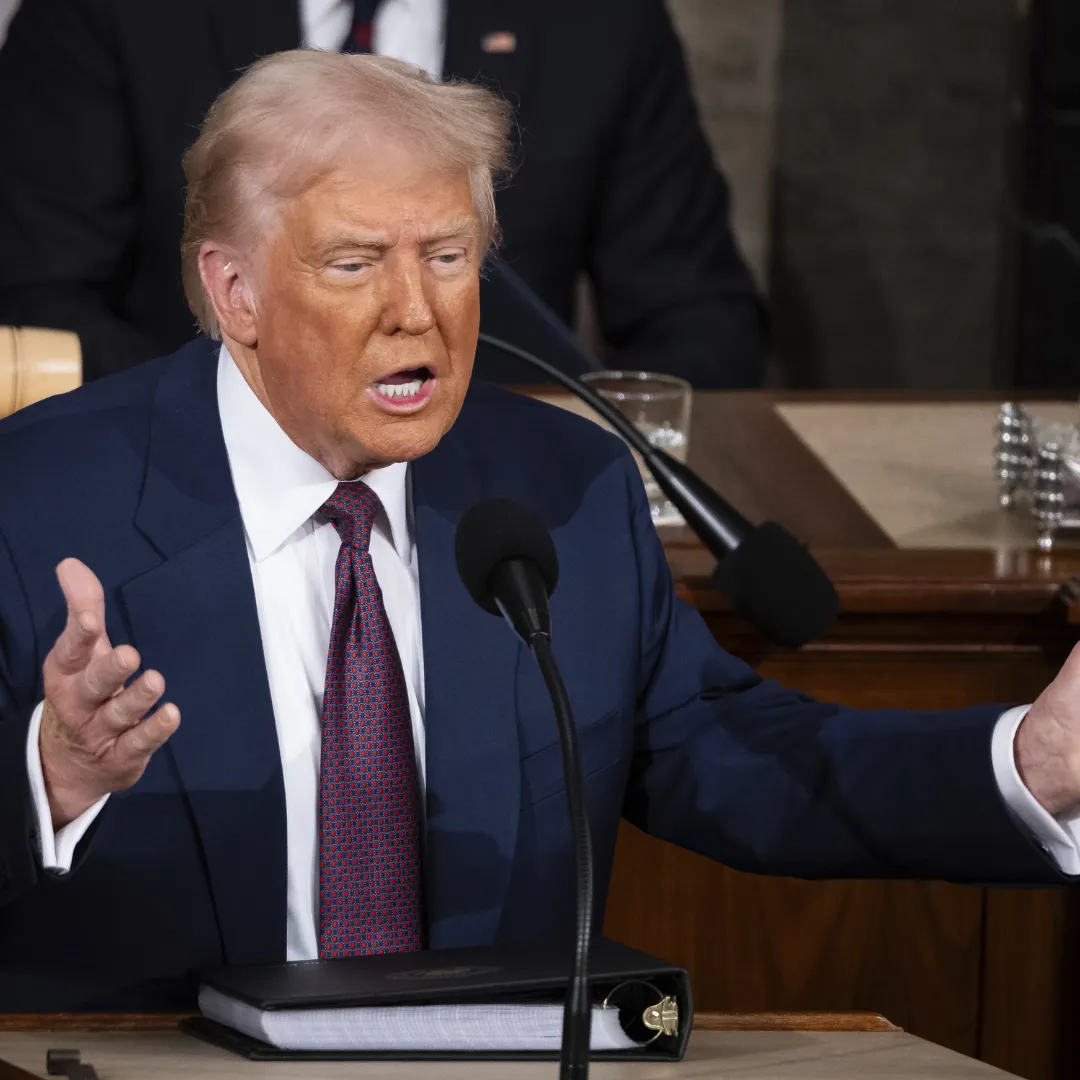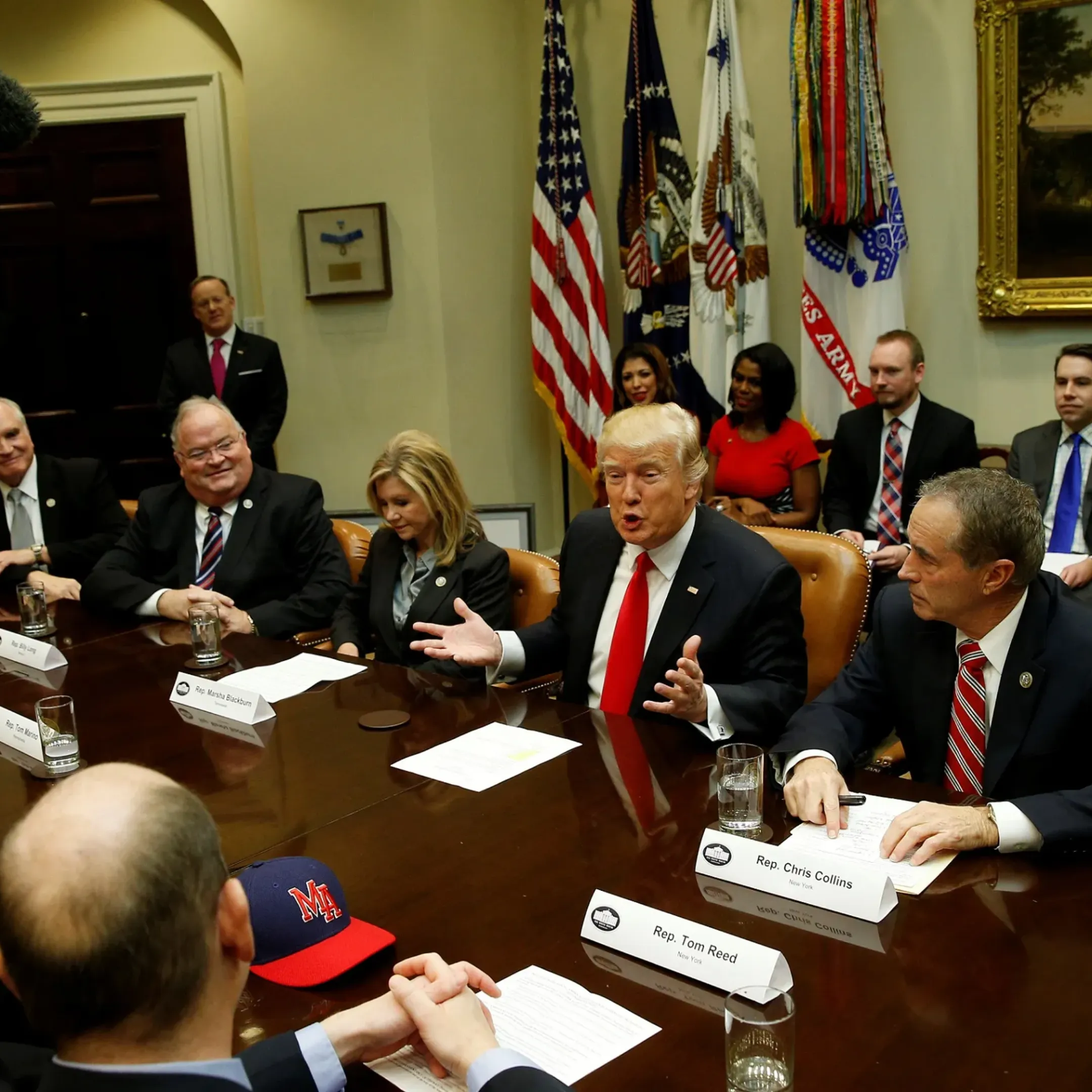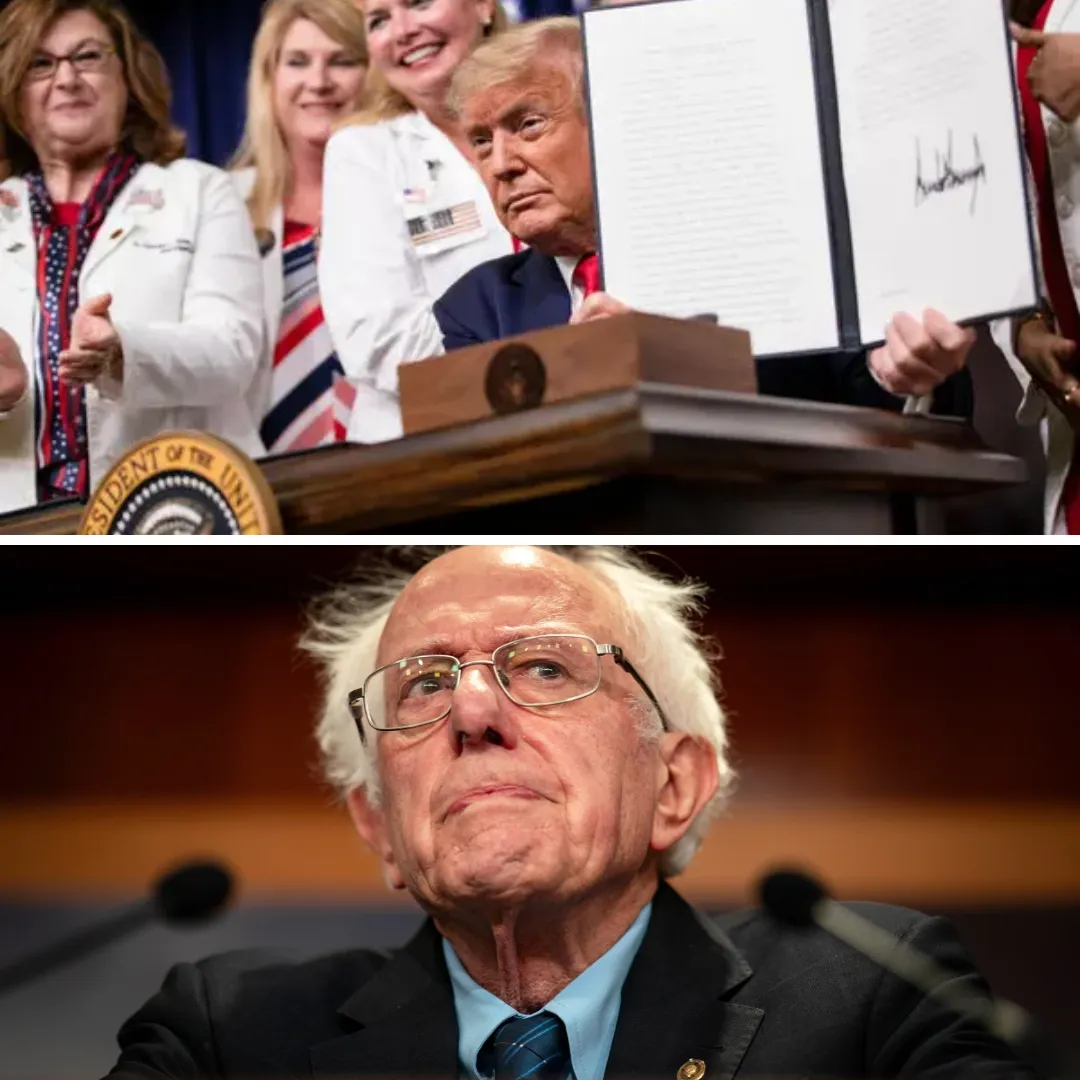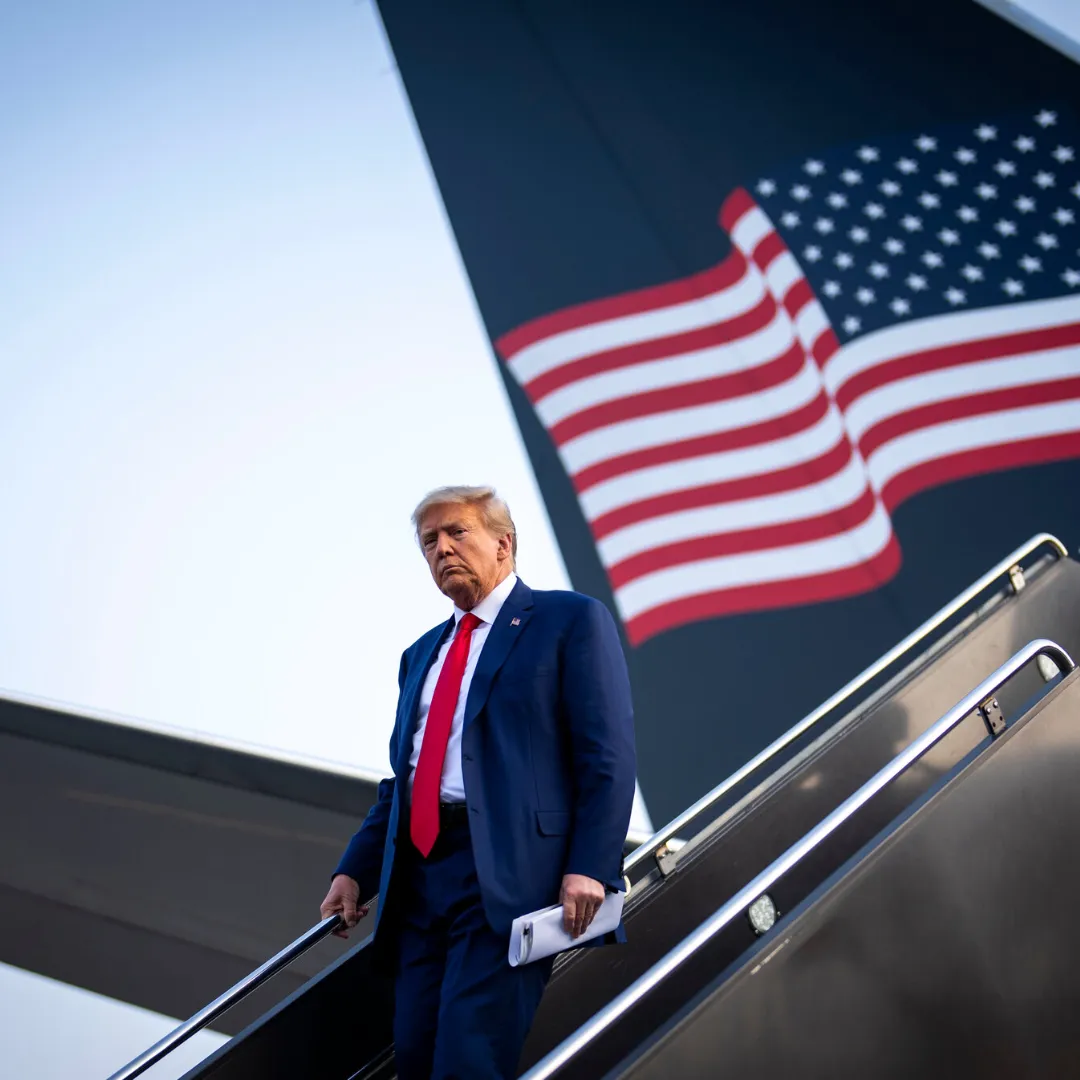Representative Alexandria Ocasio-Cortez of New York announced this week that she will not seek the top Democratic position on the House Oversight Committee, citing what she described as unchanging internal caucus dynamics surrounding seniority-based leadership selection.
Her statement came in the wake of Representative Gerry Connolly’s decision to step down from his position as the panel’s ranking member following the return of his esophageal cancer, and it immediately shifted attention across the House Democratic Caucus toward alternative candidates.
Ocasio-Cortez, who had previously lost a leadership vote to Connolly for the same role in late 2024, said that after reflecting on that experience and holding conversations across the caucus, she concluded that the institutional emphasis on seniority remains too dominant to warrant another bid.
Speaking to reporters on Capitol Hill, she explained, “It’s actually clear to me that the underlying dynamics in the Caucus have not shifted with respect to seniority as much as I think would be necessary, and so I believe I’ll be staying put at Energy and Commerce.”
The remark reflects an ongoing frustration among progressive members of the House who feel constrained by longstanding traditions that reward tenure over ideological alignment or performance-based merit.
Asked by NBC News to elaborate on how she reached the decision, Ocasio-Cortez responded by saying, “I’ve had a lot of conversations across the caucus and I’ve been very grateful for the support that’s been extended, but at the end of the day a lot of this has to do with the dynamics around seniority in the Caucus and I just, from a lot of the conversations that I’ve had, I just think that those dynamics would not be fundamentally changed in the race at this time.”
Her remarks appeared to acknowledge the political reality of an institution that continues to be governed in large part by seniority-driven customs, despite an influx of younger and more diverse lawmakers seeking to challenge those norms. In late 2024, Ocasio-Cortez had mounted a campaign to lead the Oversight Committee but was defeated by Connolly in a 131 to 84 vote.
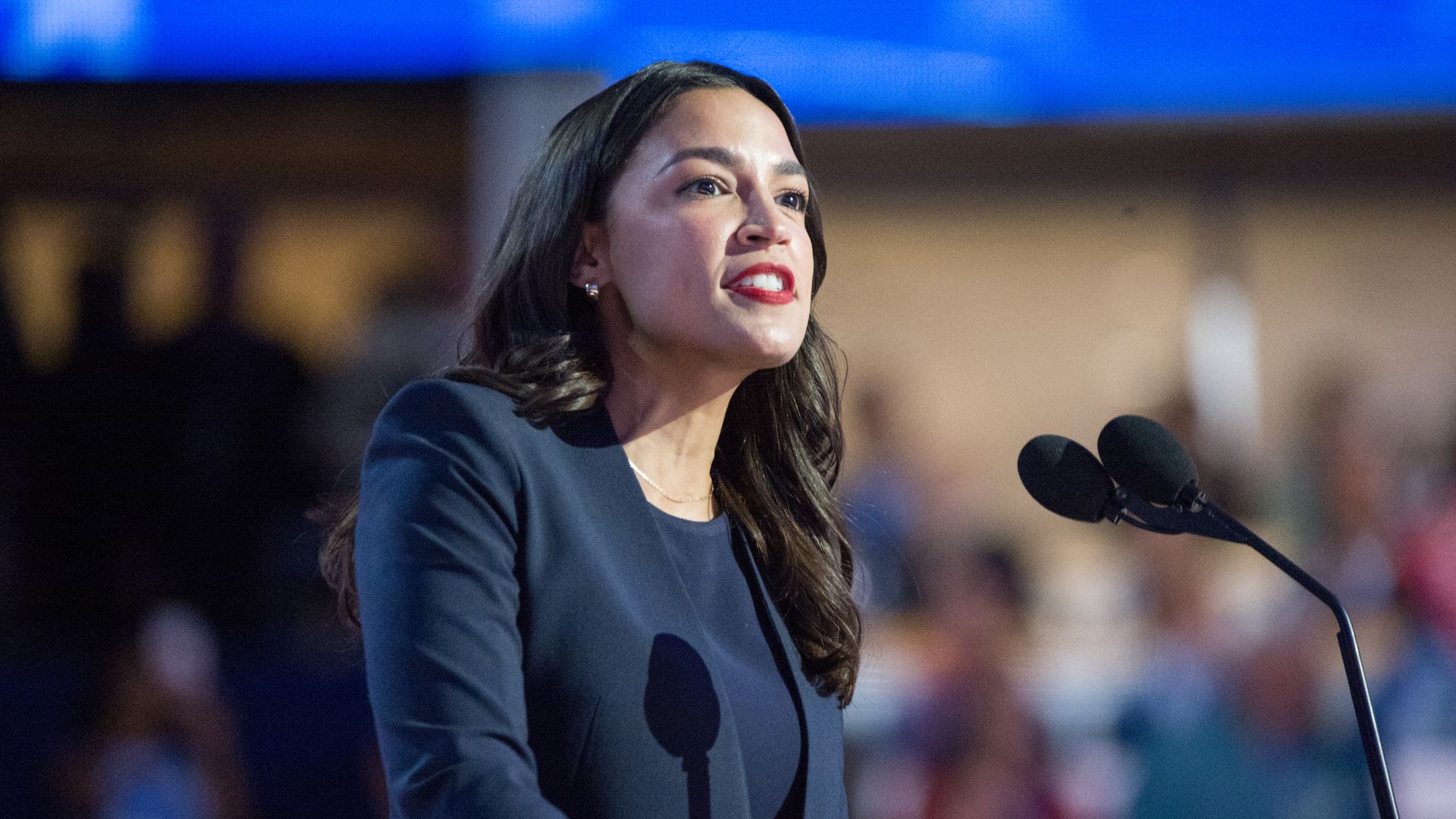
The result was widely interpreted as a reflection of her limited time in Congress and the caucus’s reluctance to break with tradition, even for a figure as nationally recognized as Ocasio-Cortez.
Although she no longer sits on the Oversight Committee, her name once again emerged as a possible successor when Connolly announced that he would step down.
Despite speculation, Ocasio-Cortez clarified on Monday that she would not pursue the opening. The move ends any prospect of her leading the powerful committee for the foreseeable future and redirects attention to other possible contenders, particularly Representative Stephen Lynch of Massachusetts, who has been appointed interim ranking member, and newer members like Maxwell Frost of Florida and Jasmine Crockett of Texas.
Connolly, a veteran lawmaker from Virginia known for his institutional knowledge and measured leadership, has not specified the exact timing of his departure, but his announcement has already set off internal deliberations among House Democrats about the future direction of the committee and the values that should guide leadership selection.
As interim ranking member, Lynch is expected to maintain continuity until a permanent successor is chosen, though it remains unclear whether that process will involve a competitive vote or a more traditional appointment from senior caucus members.
Ocasio-Cortez’s decision not to run reflects a broader generational tension within the Democratic Party. For years, younger lawmakers have voiced frustration with the way leadership positions are distributed, arguing that the caucus’s seniority model often sidelines rising voices and slows down innovation.
Ocasio-Cortez has been at the forefront of these discussions, not only because of her political profile but also because of her attempts to challenge norms from within.
Her decision to remain on the Energy and Commerce Committee instead of seeking the Oversight position may also reflect a strategic choice to consolidate her legislative influence in areas such as climate policy, public health, and economic reform.
The Energy and Commerce Committee is one of the oldest and most powerful panels in Congress, and Ocasio-Cortez has expressed interest in using her position there to push for stronger environmental standards, healthcare accessibility, and fair telecommunications regulations.
This move may provide her with greater legislative opportunities than the more investigatory-oriented Oversight Committee, particularly in a divided Congress where headline-grabbing hearings often yield limited policy outcomes.
Nevertheless, her exit from the Oversight race is being read by many observers as a moment of reflection on the limitations of institutional change within the Democratic Party.
Her supporters had hoped that her national popularity, bold communication style, and progressive credentials might allow her to break through the traditional ranks, especially as the party looks for new voices to lead its agenda in the coming years.
But Ocasio-Cortez herself acknowledged that structural change requires more than symbolic candidacies. She appears to have recognized that challenging seniority norms from within requires long-term coalition-building and incremental pressure rather than immediate victories.
Her remarks suggested a realistic understanding of her position in the caucus and the need to choose battles carefully in an environment that continues to favor seniority and gradualism.
The role of House Oversight ranking member carries significant responsibility, especially in a legislative term where partisan investigations, executive oversight, and accountability hearings are expected to dominate headlines.
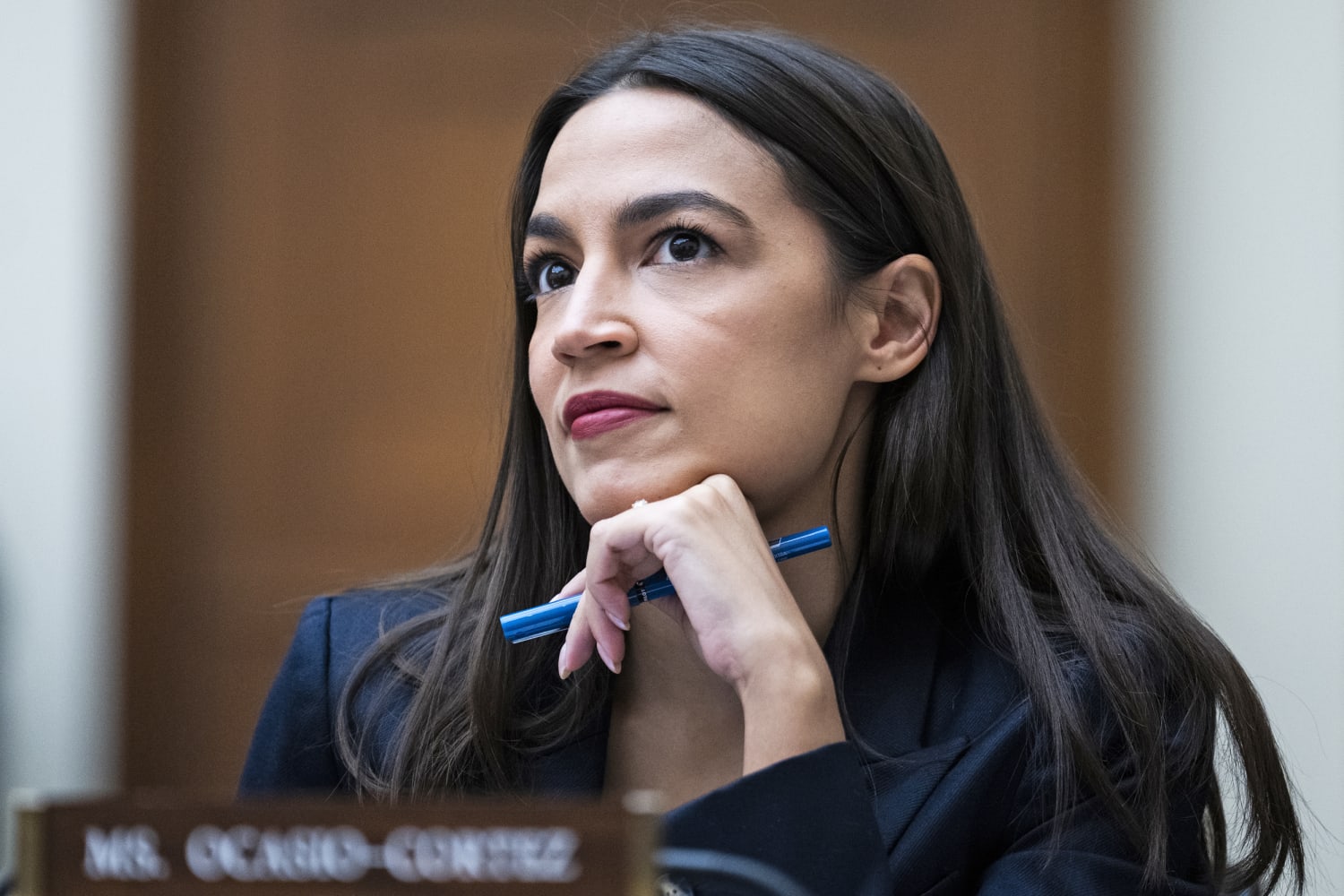
Without Ocasio-Cortez in the race, attention now turns to other potential contenders who might continue the progressive push within the committee. Maxwell Frost, a freshman from Florida, has been gaining traction among younger members, while Jasmine Crockett of Texas has emerged as a sharp questioner in recent committee hearings.
Both are seen as possible standard-bearers for the next generation of progressive oversight, though like Ocasio-Cortez, they may also encounter resistance due to their limited seniority.
The vacuum left by Ocasio-Cortez's decision presents both a challenge and an opportunity for the progressive caucus. On one hand, it underlines the institutional barriers they continue to face; on the other hand, it allows the movement to reassess its strategy, cultivate broader alliances, and focus on policy wins that can build the kind of durable influence needed to alter leadership dynamics in the future.
In the meantime, the departure of Connolly and the uncertainty over his replacement signal a period of transition for the Oversight Committee itself. The panel’s focus will likely remain divided between responding to Republican-led investigations and asserting a Democratic agenda around government accountability, public ethics, and corporate responsibility.
The person ultimately selected to lead the committee on the Democratic side will play a key role in shaping that response and determining how aggressively the party pursues its own inquiries.
For now, Ocasio-Cortez’s decision to stay out of the race offers a moment to reflect on the balance between ambition and patience in institutional politics.

Her choice reflects an understanding that leadership within Congress often comes not just from titles but from positioning, persuasion, and persistence. She may have withdrawn from this particular contest, but her influence continues to shape the conversation around what Democratic leadership should look like in the years to come.

